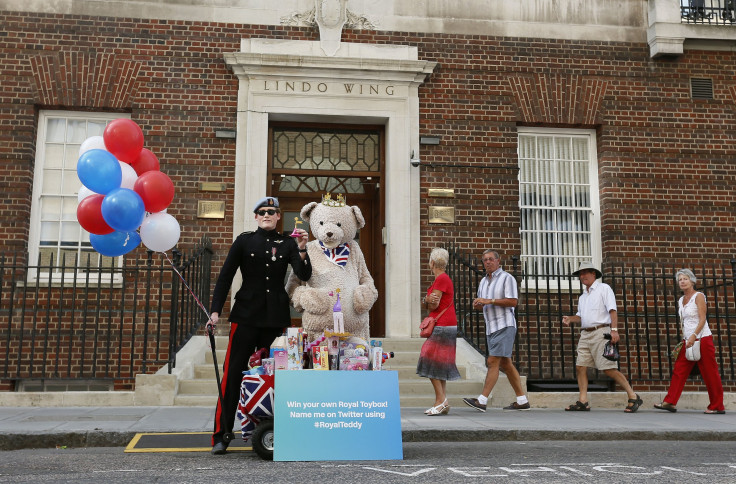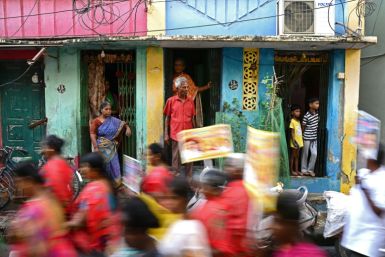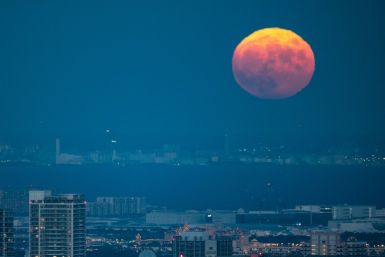Royal Baby Update: Economic Impact Of A British Royal Birth

Kate Middleton has been admitted to St. Mary’s Hospital in central London on Monday to give birth. As a nation and the world await news of a child who could one day sit on the British throne, analysts are busy evaluating the economic impact of the arrival of the royal baby.
IHS Global Insight’s Chief U.K. Economist Howard Archer notes that the birth of the royal baby will likely have a limited yet "overwhelmingly positive" effect on U.K. growth.
“At the margin, the royal birth may provide the economy with a temporary, small, positive boost at a time when it seems to be increasingly moving in the right direction,” Archer said.
Unlike the Queen’s Diamond Jubilee celebrations in 2012 and the Royal Wedding in 2011, there are no obvious negative economic repercussions of the royal birth.
The major difference was the granting of an extra day’s public holiday to celebrate the events. The extra public holiday relating to both the Diamond Jubilee celebrations and the Royal Wedding did have a negative impact on the economy through hitting output and services activity, as well as limiting retail sales on the day in question. “While some of this lost economic activity was subsequently made up, there was undoubtedly a significant overall loss from this factor,” Archer said.
As for the happy event of the royal birth, the most obvious support to the British economy will be some boost to retail sales through people buying souvenirs and commemorative items, while there is also likely to be a small lift to alcohol sales as some people will want to toast the Royal Baby, Archer notes. There has also been a boost to the bookies through people betting on the gender of the baby and its name.
From to "Born to Rule" sleepwear to "I heart my Uncle Harry" bibs, the Centre for Retail Research has estimated that the baby’s arrival could add more than 240 million pounds ($380 million) to the British economy as consumer spending gets a boost.
Joshua Bamfield, director of the Centre for Retail Research, forecasts 4.8 million people would spend 62 million pounds on alcohol and 25 million pounds on food for parties. He expects 156 million pounds to be spent on commemorative china and other collectibles, toys, books, DVDs and media.
According to Bamfield, another knock-on effect of the birth would be sales of baby products as other new parents copied the duchess.
“One of the biggest factors will be the unintentional royal brand endorsement,” Bamfield said, noting that the carriage of choice for the royal arrival will no doubt become this year’s best-selling pram for new and existing parents.
“The ‘Kate effect' has already taken the fashion world by storm ... and this trend will follow for the infant's baby grows, rattles, first bike and so on,” Bamfield said. “It’s a culture of ‘keeping up with the Cambridge’s’ that isn’t going away.”
However, Archer acknowledged the limitations of the baby's ability to transform Britain's economic fortunes. “At the end of the day what influences people the most is their perception of the state of the economy and the employment outlook," he said.
The release of revised gross domestic data by the U.K.'s Office for National Statistics in late June erased the U.K.’s so-called double-dip recession. GDP is now estimated to have stayed level between the fourth quarter of 2011 and the first quarter of 2012, rather than falling 0.1 percent. But the data also showed that Britain suffered a much deeper recession in 2008-09 than first thought and the economy remains further from recovering its pre-crisis size.
© Copyright IBTimes 2024. All rights reserved.












